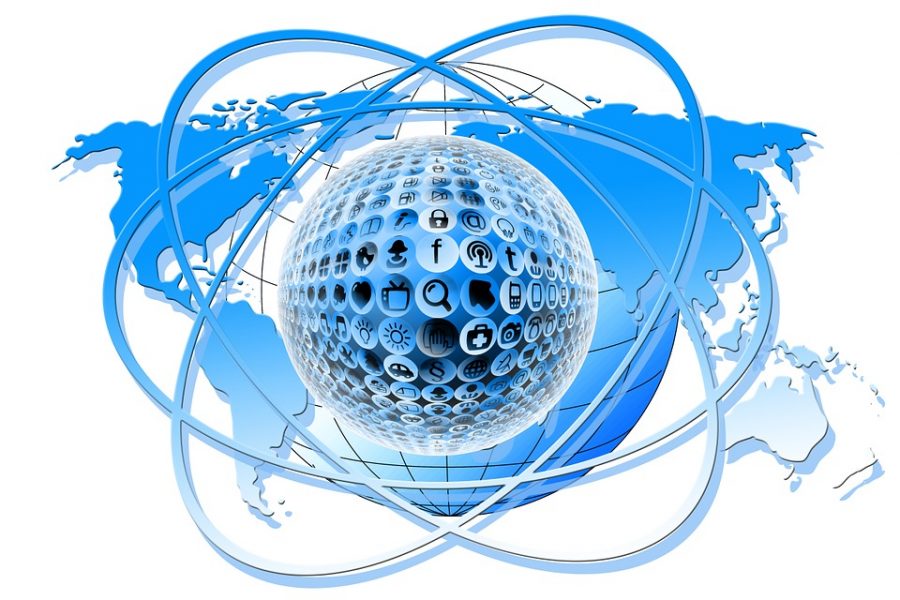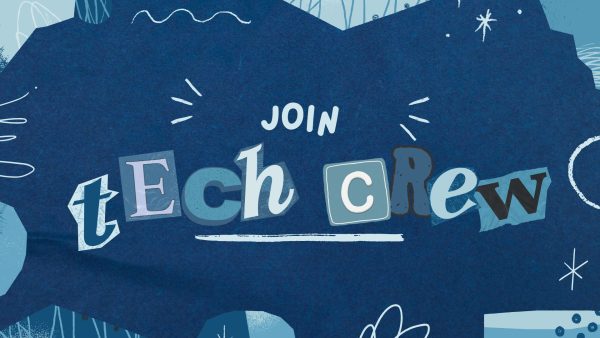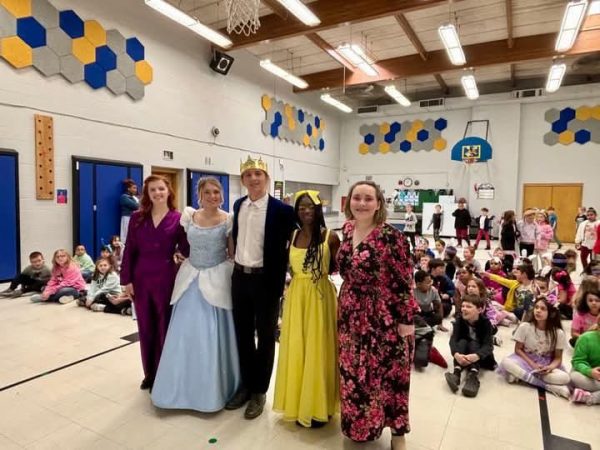Happy birthday, internet: You turned 49
IMAGE / Courtesy of pixabay
The internet turns 49 on Tuesday, Oct. 30.
On Oct. 30, 1969, the genesis of the internet transmitted its first communication.
And today, 49 years later, people use the internet without really thinking about it.
Chris Moyer, junior, uses the internet frequently and believes it led to better access to information.
“I use it for entertainment on websites like YouTube and Reddit,” Moyer said. “Everyone has better access to news, as well.”
In its early days, the internet was novel and perplexing to the world, but now it has become ubiquitous with 108 million households in the United States having a computer in 2017, according to the U.S. Census Bureau.
Home security, TV, and even refrigerators are connected through the internet nowadays, and it is now giving rise to innovations in artificial intelligence, which may be the next step in our technological evolution.
Sophomore Seth Bowie recognizes the negatives of the internet.
“For all of the knowledge available on the internet, very little of it is taken advantage of,” Bowie said. “If it were ancient times, we would flourish in that information, but we take it for granted.”
The internet started as the ARPANET, the first network of computers to use an internet protocol and a transmission control protocol.
The ARPANET, programmed under Larry Roberts, was used to connect computers at UCLA and the Stanford Research Institute.
During the Cold War, the ARPANET was made to transfer information between government institutions privately, but it later expanded.
In 1969, the first message was successfully sent from one computer to another.
By 1973, the first international connections were made.
By the mid 1980s, connections were routinely made across the globe.
Even as the ARPANET was replaced, its concept of connectivity lived on.
Through decades of building upon these first steps, the modern internet was constructed.
National Geographic called the personal computer one of the most important innovations of all time.
The internet allows people around the world to communicate, obtain news, and find information within seconds.
For most of human history, the fastest way to transfer information was through mail, telegraph, or a person on a horse. The internet changed everything.
It also advanced education.
Teachers around the world use the internet to allow their students to research topics that can’t be captured in stuffy textbooks.
Parents and children with thousands of miles between them can also keep in touch.
This allows kinships to last beyond real world contact.
The internet has affected the culture of young people for the past couple of decades through social media and a larger cultural awareness.

Birthday: July 13, 2002
Hobbies/Interest: Music, film, books.
Favorite Quote: "Pictures must not be too picturesque." - Ralph Waldo Emerson
...





